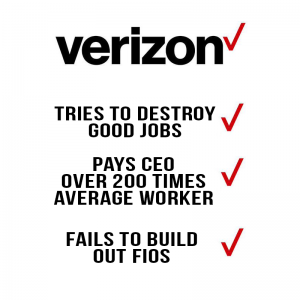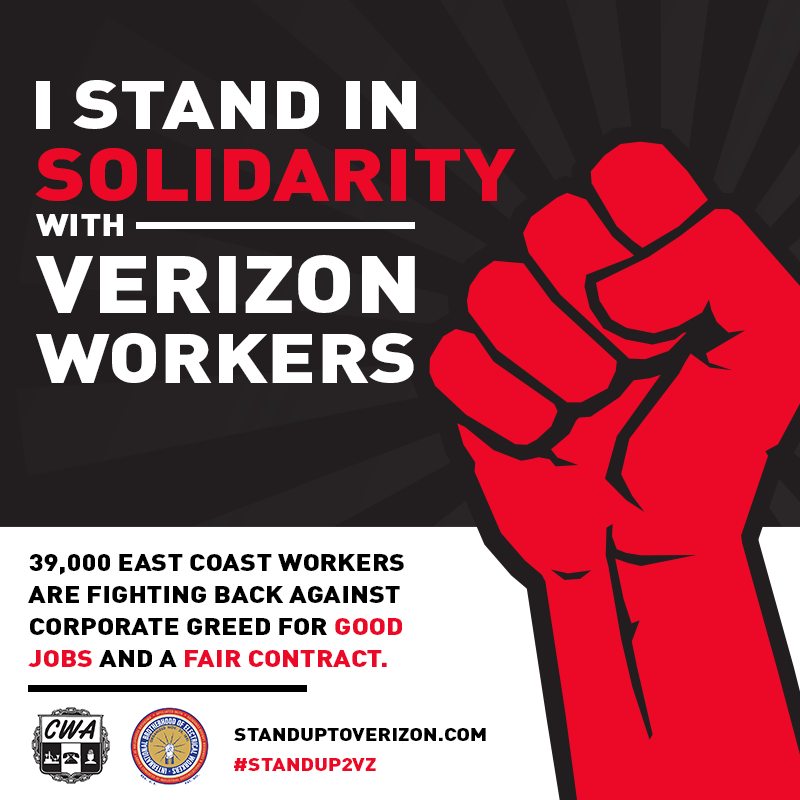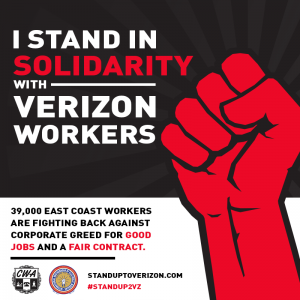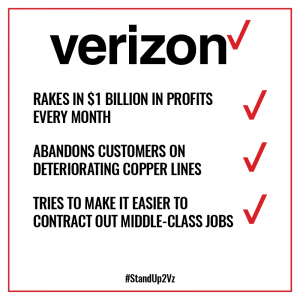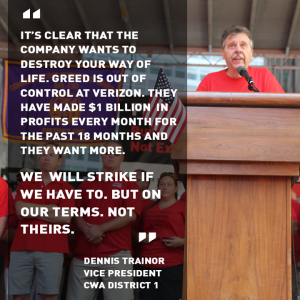 Within the past few years, the issue of privacy in telecommunications has become a major controversy. Following the revelations by Edward Snowden and the WikiLeaks organization, the role of the providers in collaboration with the National Security Agency, Federal Bureau of Investigation, and other law enforcement agencies has become a subject of debate. On August 28, Jenna McLaughlin of The Intercept published a story on the ruling by the US Court of Appeals regarding bulk metadata collection by the government which involved Verizon’s cooperation.
Within the past few years, the issue of privacy in telecommunications has become a major controversy. Following the revelations by Edward Snowden and the WikiLeaks organization, the role of the providers in collaboration with the National Security Agency, Federal Bureau of Investigation, and other law enforcement agencies has become a subject of debate. On August 28, Jenna McLaughlin of The Intercept published a story on the ruling by the US Court of Appeals regarding bulk metadata collection by the government which involved Verizon’s cooperation.
- Part 1: The Verizon, union standoff and the future of labor
- Part 2: The Verizon, union standoff and the future of customer service, copper
My sources revealed to me that union members on the ground level of customer service have been able to access tools that collect metadata in ways that disturb them. There is one tool in particular, called the ‘spy tool’ or the ‘creepy tool’, that could be used in an improper fashion. Approval for its use is to be found in the small print of the Terms of Services agreement under the guise of ‘marketing’. The union does not have an official position on not using this tool, but some union members savvy of privacy ethics refuse to use it.
This tool is one which has the capability to allow the technicians to see how many television set-top boxes are within a residence. In many cases, the installation technician or customers will label the boxes based on the room, meaning therefore the customer service technician can see what someone watches in which rooms. The tool works as an aggregator and creates a profile of the customer, showing hours of television watched, what channels, how long on each channel, and other material. This sort of data collection and profiling is easy to gather and use in fashions that would be extremely dangerous. For example, if a stalker had access to this data, the person would be able to see what room their intended victim spends time in the most, at what hours, and, by understanding whether the person is watching a movie channel or one that is playing music, what level of attention is paid to the program. And in this era of cyber attacks and hacking, it is not a remote possibility that such instances could occur.
Some union members actively oppose using these tools because it causes technicians to ‘cross crafts’, something that leads to weakening of the union bargaining position. However, the obvious concerns over privacy and security are something that the union could address and take up as a cause, which is not without historical precedent.
An interesting example of unions taking up prominent civil liberties issues is the instance of their role in the racism struggles of African Americans. The American Federation of Labor collaborated with the government in the enforcement of segregation in the Gilded Age, leading to the formation of rival unions, such as the Industrial Workers of the World and the Congress of Industrial Organizations, both of which saw their ranks grow precisely because of their anti-racism positions. After the Red Scare and the merger of the AFL and the CIO, the leadership of the Civil Rights Movement were able to get key endorsements and support from labor. Indeed, a major backbone of the March on Washington was a large contingent of labor union members. Figures like A. Philip Randolph and Bayard Rustin had cut their teeth in the labor organization movement of the 1930’s and ’40’s. Lyndon Johnson signed the 1964 Civil Rights Act in part because of progressive voices from within the remnants of the New Deal coalition pledged their political support in the 1964 election against Barry Goldwater.

Also in that case, there were both practical results for their union members, ending disparities in the lives of their members, and wider social results, collapsing the Jim Crow system. There are real issues to contend with, going up against the will of the military-police-industrial complex is fraught with major challenges. But after years of being championed by anti-union libertarians like Rand Paul, there would be a great level of support gained by labor if they took up the cause of privacy protection.
This is a fight we all need to be concerned about. In the next term, the Supreme Court is hearing a case that was tailor-made to decimate the Abood decision and revoke the right of unions to collect dues in public-sector workplaces. The Verizon struggle, if lost by the workers, would have the same effect on private-sector unions. If you have any ability, whether it be through money, agitation, or just a FaceBook post, stand in solidarity with Verizon workers. The stakes are too high to sit this one out.
Visit the Stand Up To Verizon website by clicking here.
The CWA can be reached at 401-275-0760.
The IBEW can be reached at 401-946-9900.


